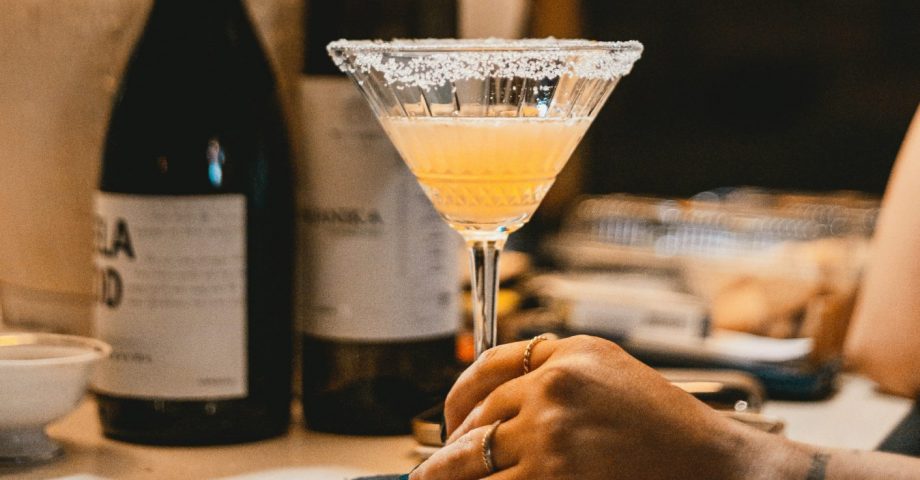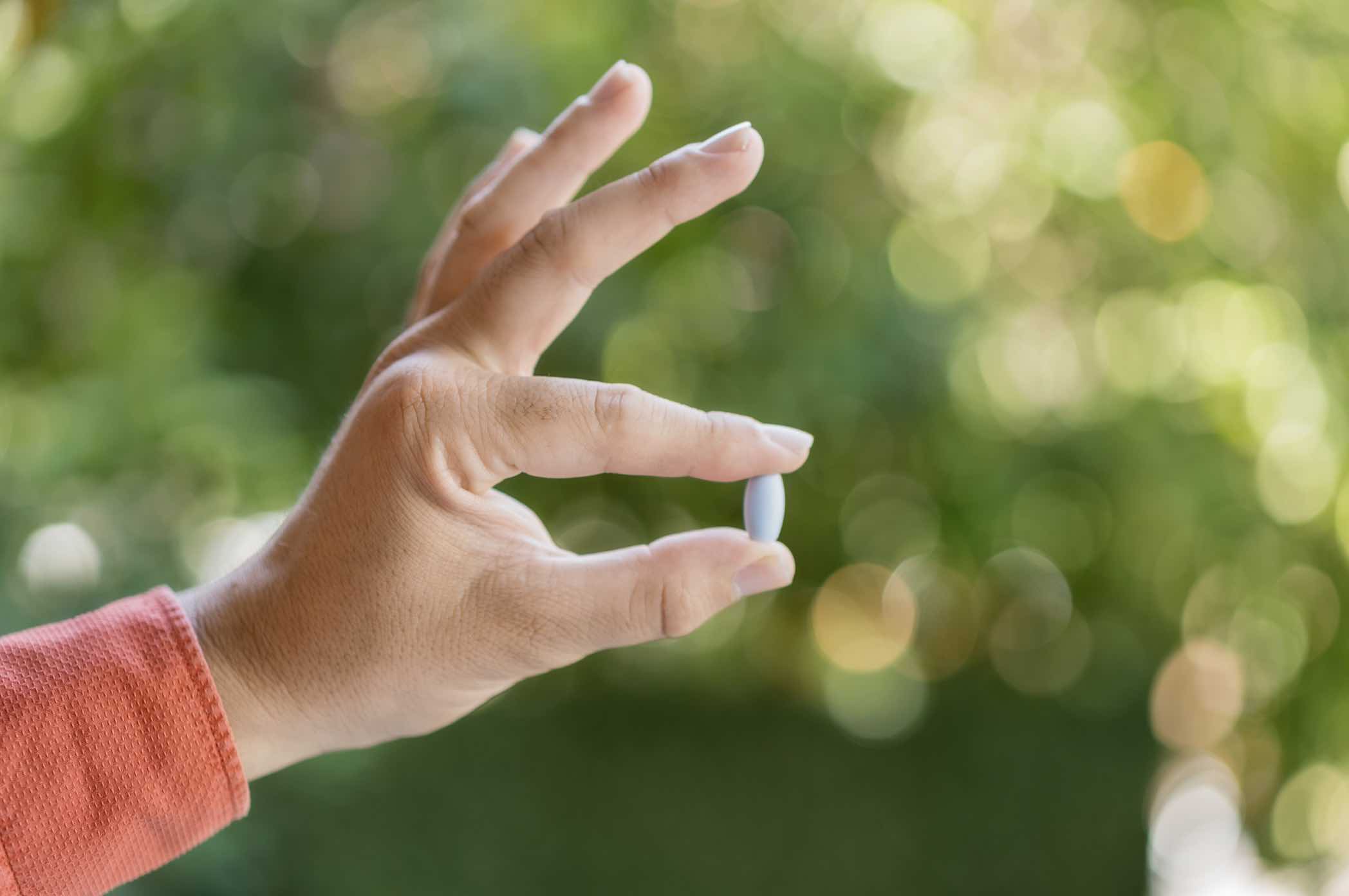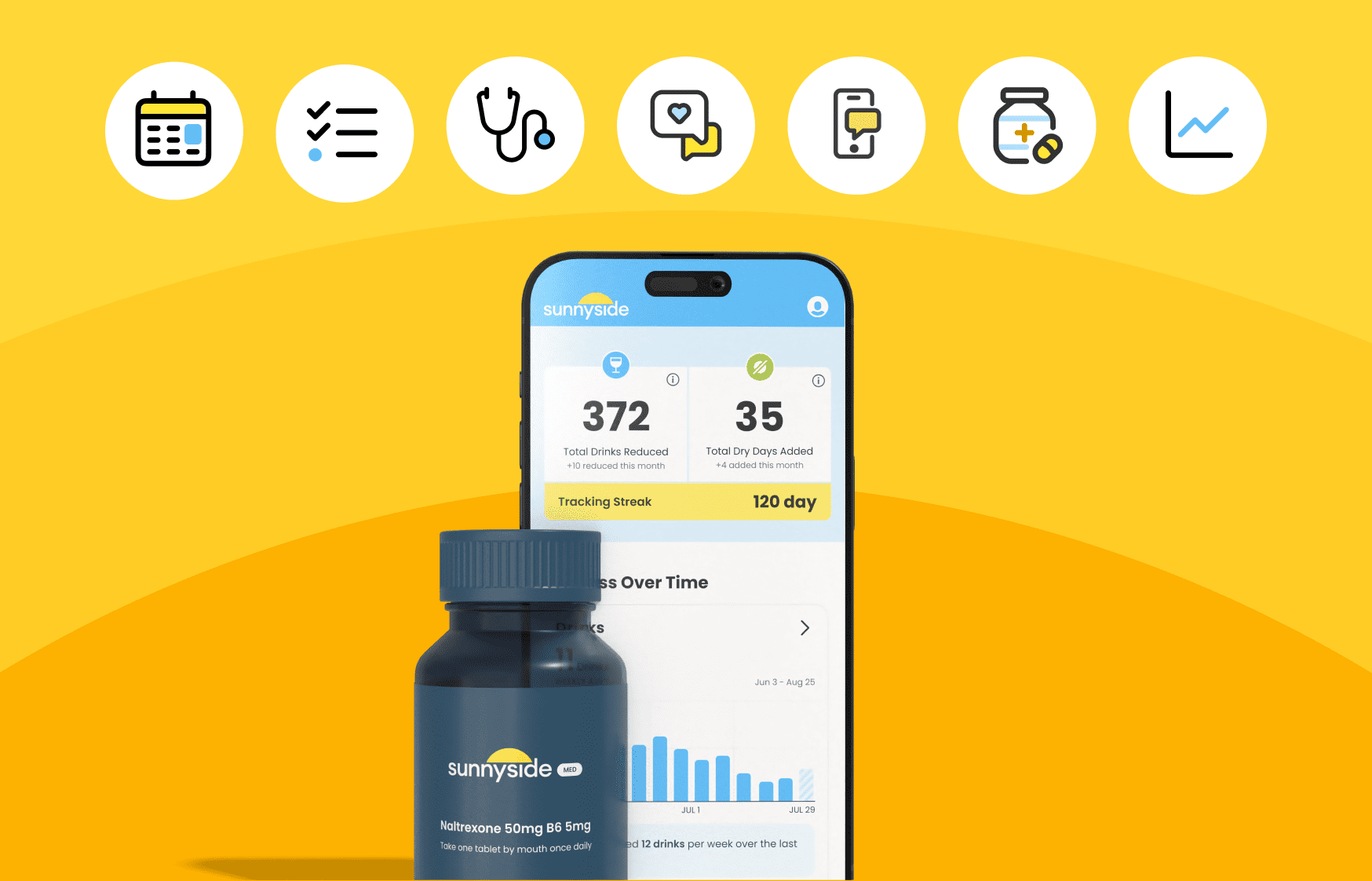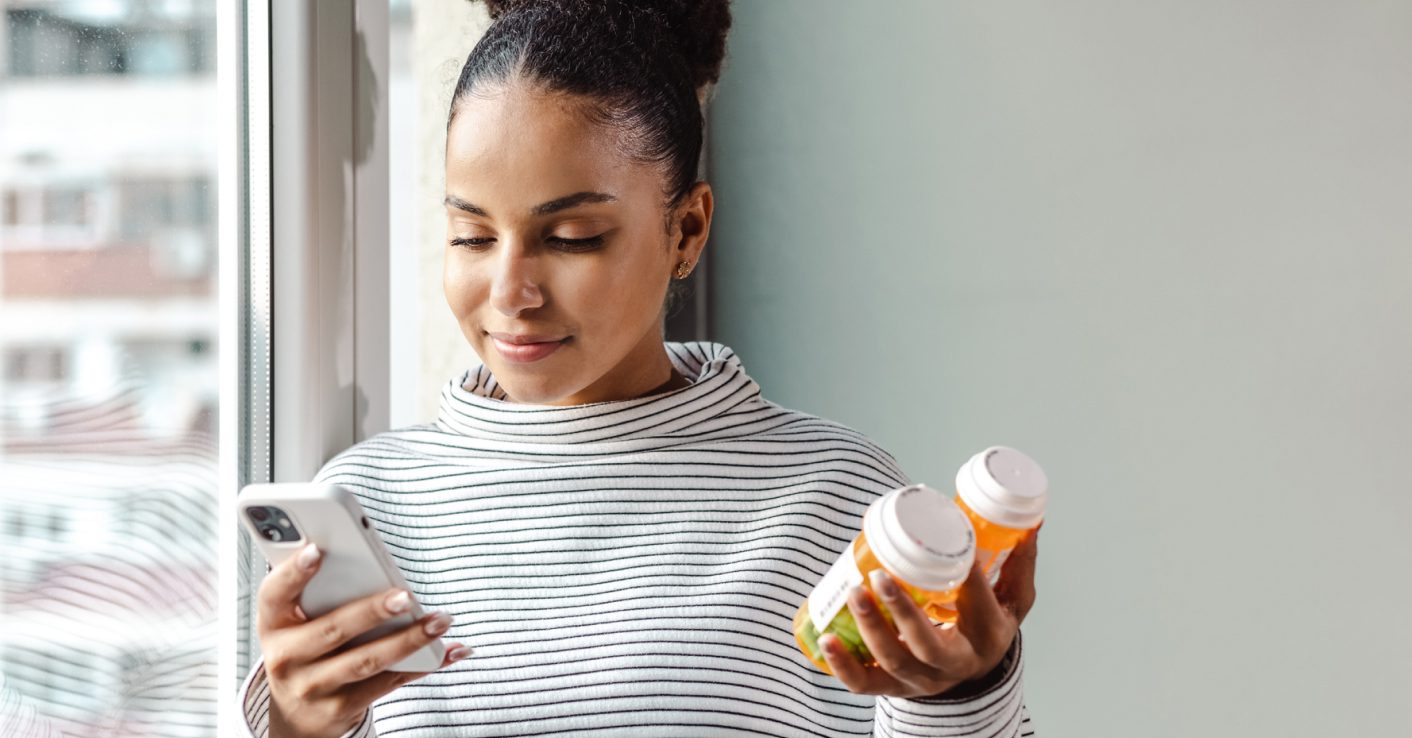Last Updated on June 7, 2025
We all know someone who insists their drinking is “fine.” Maybe that person is you. A glass of wine with dinner. Beers during the game. A cocktail to wind down. No hangovers, no DUIs, no rock bottom. So what’s the problem?
Here’s the tricky part: most people who are rethinking their drinking don’t identify as having a “problem.” They’re functioning, they’re social, they’re successful. And yet, something feels off.
That feeling is often the first crack in the armor of denial. It’s also one of the most powerful entry points to mindful drinking.
Watch The Related Podcast
The New Data: What People Think About Their Drinking
According to the Pew Research Center, 57% of drinkers say alcohol doesn’t increase their risk of serious health issues. Only 15% say it causes problems in their personal lives.
Compare that with what we know: alcohol is linked to over 200 health conditions, including seven types of cancer, heart disease, and sleep disruption. Even moderate drinking—like a couple drinks a week—can increase risk.
So why the disconnect?
Why We Say “It’s Fine” (Even When It’s Not)
There are a few key psychological reasons people stay stuck in patterns that don’t serve them, especially when it comes to alcohol.
1. Optimism Bias
We tend to believe that bad outcomes happen to other people. That person who got liver damage? That’s someone who drinks more than me. The friend who blacked out at the party? I’m not like that.
This bias keeps us feeling good—until we’re not.
2. Cognitive Dissonance
This is the mental discomfort we feel when our actions don’t align with our values. You may see yourself as health-conscious, disciplined, even high-achieving. So, how do you reconcile that with drinking more than you’d like?
You adjust the belief instead of the behavior. “I’m not drinking that much.” “It helps me relax.” “Everyone else drinks like this.” Sound familiar?
3. Social Proof
When your friends, coworkers, and even family members drink the same way you do, it feels normal. But normal doesn’t always mean healthy. We tend to take our cues from the group—even when the group is silently struggling, too.
These biases don’t make you weak. They make you human. But recognizing them is the first step toward growth.
When “It’s Fine” Is Actually a Sign to Pause
Here’s a good gut check: Do you ever find yourself defending your drinking when no one’s asked?
Phrases like:
- “At least I’m not drinking hard liquor.”
- “I only drink on weekends.”
- “I could stop anytime.”
These aren’t justifications. They’re internal alarms trying to break through. In fact, many people who begin changing their drinking habits never hit a dramatic bottom. They just reach a moment of quiet clarity where they realize: “This isn’t really working for me anymore.”
That’s the real sweet spot—where mindful drinking begins.
The Middle Is Where Change Happens
Pew’s research also found something fascinating: people who drink a few times a month were the most likely to reduce their intake after learning about alcohol’s health risks. Not the heaviest drinkers. Not the abstainers. The middle.
This makes sense. They’re far enough in to see patterns, but not so deep they feel powerless to change. They’re curious, not defensive. And curiosity is one of the most underrated tools in behavior change.
If you’re in that middle space, you’re in a powerful position. You don’t need to declare yourself “sober” or explain your choices. You just need to ask: What do I believe alcohol gives me—and is that still true?
Replacing the “Why” With Something Better
Most people drink for one of a few reasons: to unwind, to connect, to celebrate, to escape. These are valid human needs. But alcohol might not be the best long-term way to meet them.
Ask yourself:
- What do I really want when I pour that glass?
- Is there another way to get that feeling?
- How do I feel the morning after—and is it worth it?
Mindful drinking isn’t about restriction. It’s about alignment—making sure your habits support your health, values, and goals, not quietly sabotage them.
Take the Pressure Off: You Don’t Need to Convince Anyone
One of the most complex parts of questioning alcohol is the social aspect. But here’s the truth: you don’t need anyone else to “get it.” You just need to listen to yourself.
Your gut feeling is data. If you’re sensing something’s off, pay attention. And if you’re making even small changes—tracking, planning, taking a dry day or two—you’re already ahead of the curve.
You’re not broken. You’re evolving.
A Challenge to Try This Week
Reflect on this question: What do I believe alcohol gives me? Then ask: Is that actually true?
If you’re ready for a deeper reset, try one small swap this week. Whether it’s a mocktail, an earlier bedtime, or saying no to a drink when you’d usually say yes, just start there. Your future self will thank you.
Ready to take the next step in your mindful drinking journey? Join thousands of others improving their relationship with alcohol with a 15-day free trial of Sunnyside.

What is Sunnyside?
Sunnyside is a mindful drinking and alcohol moderation app that can help change your habits around alcohol using a proven, science-backed method. Whether you want to become a more mindful drinker, drink less, or eventually quit drinking, Sunnyside can help you reach your goals. We take a positive, friendly approach to habit change, so you never feel judged or pressured to quit.
When you join Sunnyside, you’ll start by completing a 3-minute private assessment so we can learn a bit about you. Once that’s done, you’ll get a 15-day free trial to test out everything, including our daily habit change tools, tracking and analytics, community and coaching, and education and resources. It’s a full package designed specifically to adapt to your goals and help you reach them gradually, so you can make a huge impact on your health and well-being.
Sunnyside is a digital habit and behavior-change program that is incredibly effective on its own, but can also be the perfect complement to other work you’re doing to cut down on drinking, whether that includes talk therapy or medication such as Naltrexone.
Get your 15-day free trial of Sunnyside today, and start living your healthiest life.



